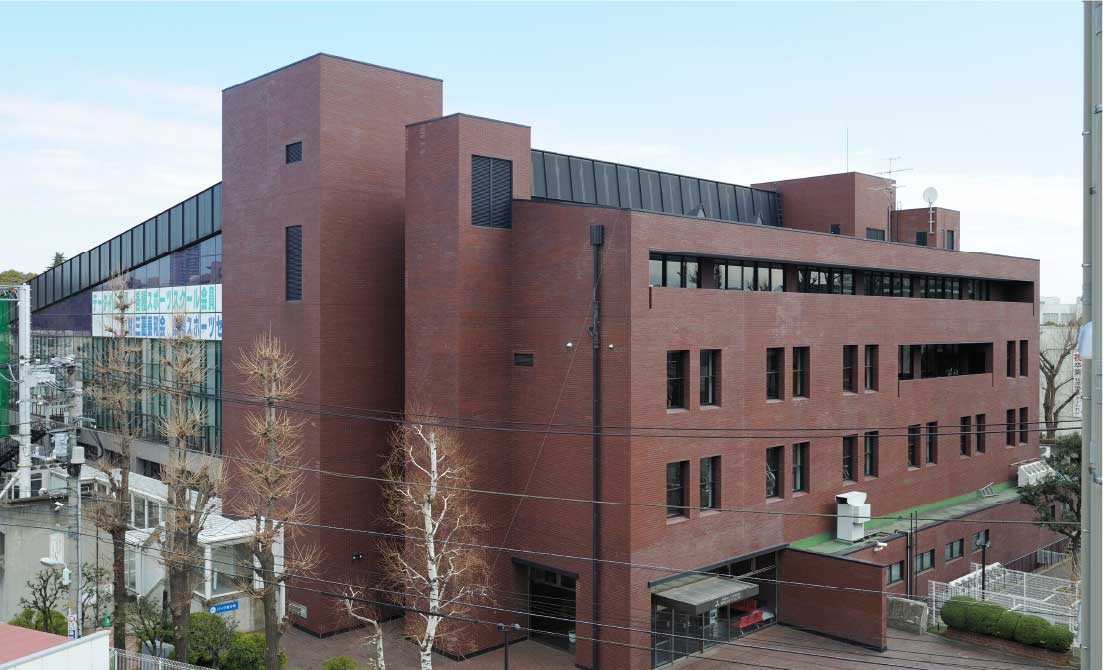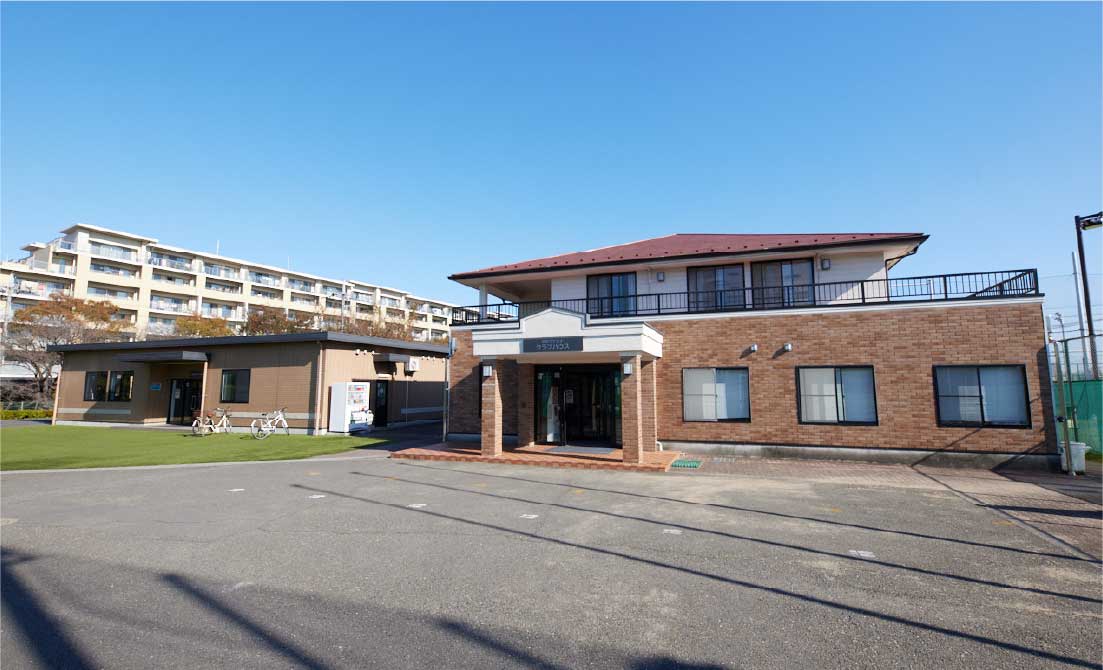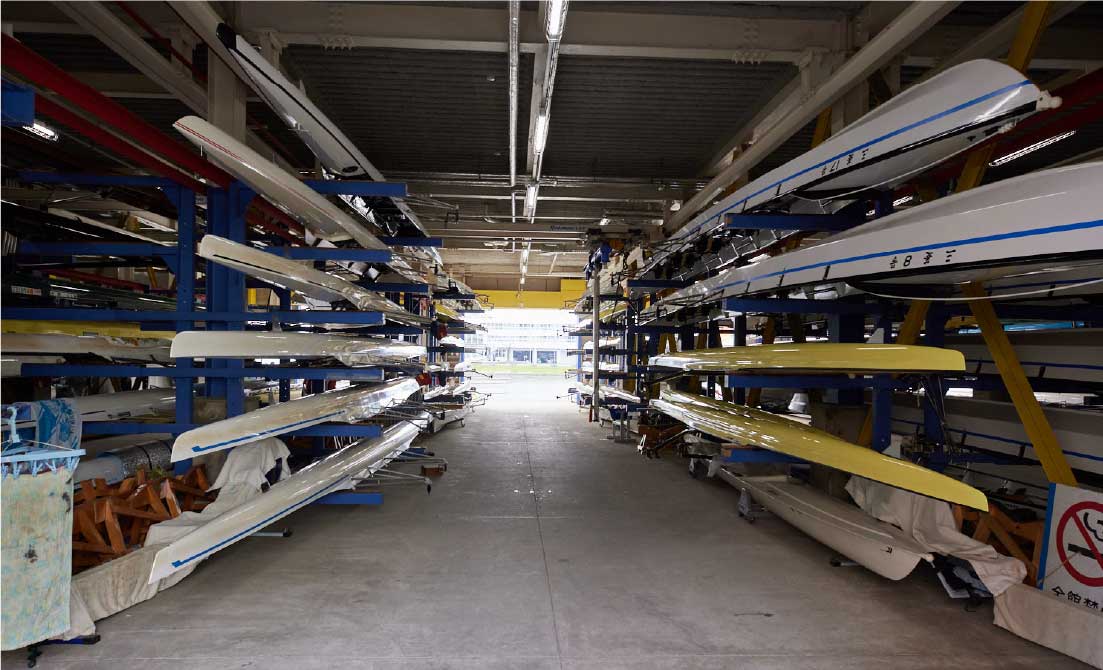
Our values

Our values
Origin of
Mitsubishi Yowakai Foundation
Koyata Iwasaki
1879–1945

Koyata Iwasaki was the eldest son of Yanosuke Iwasaki, the second
president of Mitsubishi (when the company was still a unified entity). After enrolling at the
University of Tokyo, Iwasaki travelled to the United Kingdom to study at the University of
Cambridge. He completed the course and then returned to Japan in 1906. In May that year, he
became Mitsubishi’s deputy president. In that role, Iwasaki made notable contributions to
cultural life, such as founding Seikei Academy (which became Seikei University) and Tokyo
Philharmonic Society. In 1916, he became president of the company. During the 1930s, he codified
Mitsubishi’s three corporate principles.
Learn more about Mitsubishi’s history and the life
of Koyata Iwasaki here
Mitsubishi Yowakai Foundation traces its origin to Mitsubishi Club
(Mitsubishi Kurabu) , an organization established within Mitsubishi
in September 1914.
Led by Hisaya Iwasaki, the third president of Mitsubishi (then a unified
company), with Koyata Iwasaki, Mitsubishi’s deputy president, acting as deputy, Mitsubishi Club
was founded to promote fraternity and fitness among Mitsubishi employees. Rather than just
providing a form of employee benefits for employees, the club management sought to promote
employees’ personal and moral development.

Mitsubishi Club
Koyata Iwasaki Founds
Mitsubishi Yowakai Foundation
In November 1940, Mitsubishi president, Koyata Iwasaki, spun off
Mitsubishi Club into Mitsubishi Yowakai Foundation (Mitsubishi
Yōwakai) and became the foundation’s first chairman.
The foundation released a
publication describing its genesis, On the Foundation of
Mitsubishi Yowakai Foundation (Mitsubishi Yōwakai setsuritsu ni
saishite), and another outlining its founding ethos, The Credo of Mitsubishi Yowakai Foundation (Mitsubishi Yōwakai kyōjō). Regarding the foundation’s name,
Yowakai means “yowa-association.” The word “yowa” (養和), meaning “nourish harmony,” was coined by
Koyata Iwasaki. This expression was inspired by a passage from the Biography of Zhou Pan (in the
Later Book of Han): 神嗇和養,不以榮利滑其生術 “[Fang Hui and Qi Fu] cherished the gods and nourished
harmony.
Never did they allow vanities to jeopardize their method for living prosperously.”
Iwasaki interpreted this to mean that people should direct their attention away from
trivialities and toward the cultivation of moral fortitude, and that people should devote their
heart and soul to fostering harmony with others instead of focusing only on personal interest
and success. Another inspiration came from an article of the Seventeen-Article Constitution,
attributed to Prince Shōtoku. The article reads: “Harmony shall be treasured and conflict shall
be avoided.” The commonality between the two sources is that they both emphasize the value of
harmony.
Iwasaki believed that businesses should serve the national interest and that the
fate of a business depends on its people. On that basis, he held that a business would prosper
if it cultivates strength of character in its employees. It was upon these values that
Mitsubishi Yowakai Foundation was founded.
On the Foundation of
Mitsubishi
Yowakai Foundation
(Mitsubishi Yōwakai setsuritsu
ni saishite)
February 1941
Nourishing and treasuring harmony constitutes the traditional
ethos of Mitsubishi employees.
It remains our firm belief, since the time of our
foundation, that although a business be divided into parts and an organization be divided
into divisions, all employees should cooperate with one another in a spirit of harmony and
fraternity, devoting their energies toward the interest of the company as a whole, and in so
doing serve the national interest and the common good.
Upon this tenet, our predecessor
company, Mitsubishi, had long provided facilities in diverse locations for promoting
fraternal relations among employees there. In September 1914, Mitsubishi, in view of the
developments around the world at that time, decided to fortify its infrastructure and to
unify its social facilities, which until then had been managed separately by regional
offices or by local mining and shipyard departments and so forth. Accordingly, Mitsubishi
founded Mitsubishi Club to provide unified management of these facilities.
Mitsubishi
Club was established in Mitsubishi’s corporate headquarters with a branch office in each
major city.
Mitsubishi Club’s activities included publishing a journal, holding seminars,
promoting sport and exercise, and providing recreational dormitories offering rest and
recuperation to employees and their family members. These and many other examples beside
embodied a common principle: that employees should cultivate a sound body and mind, that
harmony should prevail among superiors and fraternity among inferiors, and that employees
should devote their efforts to serving the greater good.
Now, twenty years’ later,
Mitsubishi Club is enriching its activities day by day. We now have 60 branches with more
than 90 dormitories and other facilities and more than 20,000 members, compared to the 3,300
members at the time the club was founded. However, considering recent drastic developments
in the world, as well as the growth and prosperity of Mitsubishi, we face a need to further
expand and fortify our organization.
Accordingly, we decided to discontinue Mitsubishi
Club and to run its operations separately from Mitsubishi by incorporating Mitsubishi
Yowakai Foundation as an independent organization.
Although I am convinced that
Mitsubishi and Mitsubishi Yowakai Foundation share the same unshakeable vision and credos,
such a separation was necessary to expand our businesses and further secure our
interests.
Our nation’s present circumstances call for unification of the inward and
outward and for solidarity between superiors and inferiors.
It is my fervent hope that
employees of Mitsubishi will always keep in mind our traditional ethos: to start by
nourishing harmony within the company so that you may thenceforth serve your greater purpose
as subjects of Yamato, ever united in loyalty.
Koyata Iwasaki
The Credo of
Mitsubishi Yowakai
Foundation
(Mitsubishi Yōwakai kyōjō)
●
Know that each and every day is to be treasured and that life is a dojo for self-cultivation.
●
Reading is not just for pleasure but for expanding your horizons and cultivating a clear mind.
●
It is good to enjoy in pastimes such as Go, poetry, and singing, and to indulge in nostalgia at appropriate times
●
It is most desirable to train your body and mind through the martial arts, and all the more so if, in so doing, you master the art of working together with colleagues.
●
We are as one with others if we share the same ideals; let us therefore embody the ethos of Yowa (nourishing harmony) and commit ourselves in service, together with others, toward the greater good.
Promoting Sport
In 1969, a year that marked Mitsubishi’s centenary, the corporation made
promotion of sport in the community an integral part of its business. In April 1974, Mitsubishi
Yowakai Foundation opened a boathouse in Toda, Saitama. In 1975, it opened a sports center in
Sugamo, Tokyo.
The Sugamo sports center was refurbished in 1994, and the revamped center was
opened in October of the following year. In May 2003, the center opened the Shiseikan dojo.
In October of the same year, the foundation opened a sports ground in Chofu. Today, the
foundation runs sports facilities in Sugamo (Tokyo), Chofu (Tokyo), and Toda (Saitama) as part
of two undertakings. The first undertaking is to promote sport, fitness, and wellbeing among
members of the community of all ages. The second is to manage sports facilities for the benefit
of club members.
In April 2011, Japan introduced a new legal framework for nonprofit
organizations. Under this system, the Tokyo Metropolitan Government officially recognized
Mitsubishi Yowakai Foundation as a “public interest corporation” (kōeki
zaidan hōjin) whose purpose is to “embody the values of Mitsubishi Yowa by promoting
sports, contributing to the public’s mental and physical wellbeing, and cultivating strength of
character.”

Sugamo sports center

Chofu Ground

Toda Boathouse